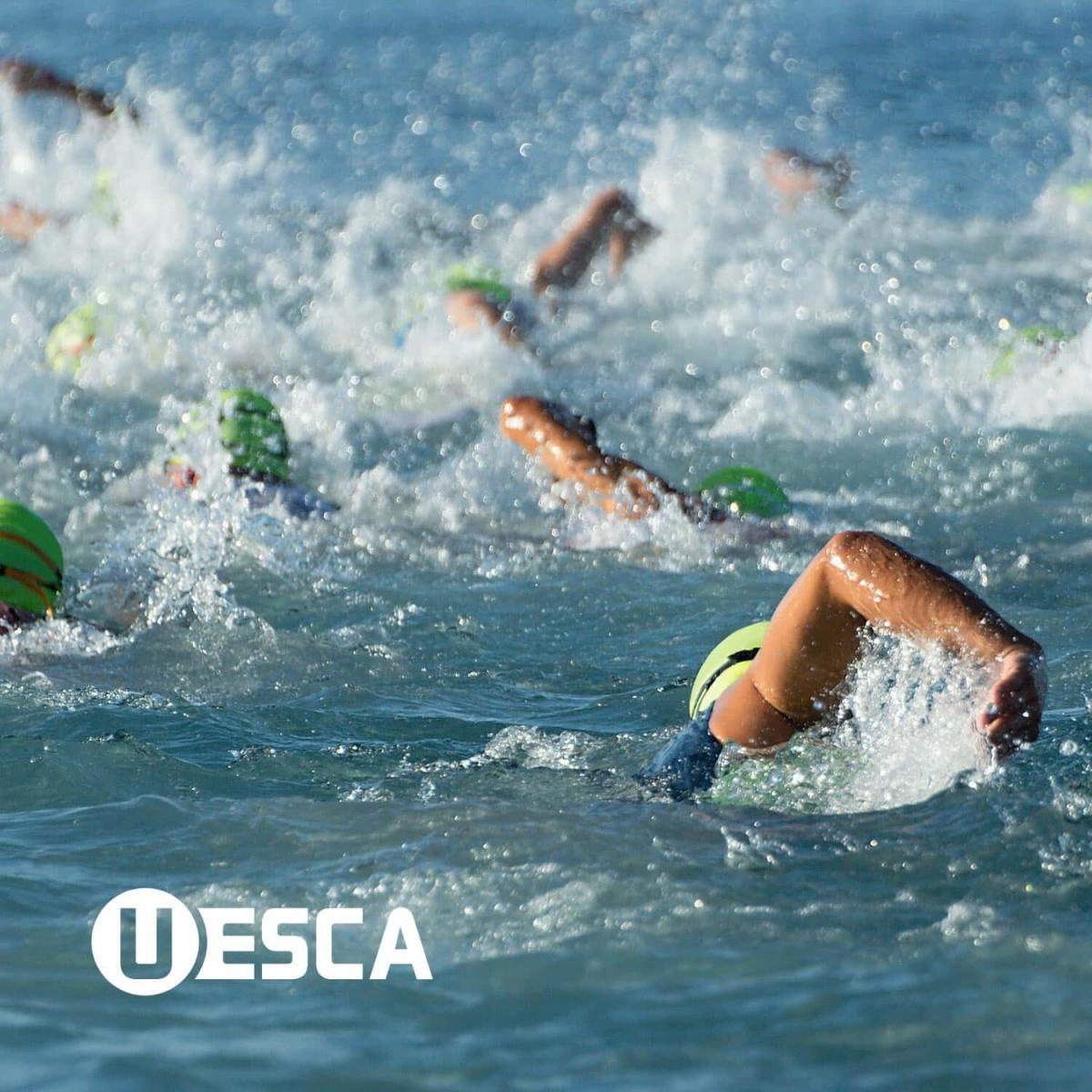Coaching is a relationship and sometimes the relationship must come to an end. Find out how to navigate the end of a coaching relationship and how to have a healthy perspective.

When you are coaching someone, you are in a relationship. Like personal relationships, professional relationships do not always work out. This is not necessarily a good or bad thing. An issue that many coaches have is that they expect every coaching relationship to work out perfectly and when they don’t, the coach views it as a failure on their part.
It’s Your Fault
To be clear, there are reasons for a coaching relationship to end that are the fault of the coach. Reasons for this include the following and can be summed up as being ‘unprofessional.’
- Chronic lateness
- Not returning calls/emails in a timely manner
- Not taking into consideration contraindicated movements/exercises
- Acting outside your scope of practice and knowledge
- Rude, inappropriate language (physical and verbal)
- Retaining an athlete even though you are not getting results for them
While some athletes will tell you honestly why they’re firing you (“You don’t respond to my communication in a timely manner.”), most will not. Therefore, they likely will make up an excuse so as to not hurt your feelings. Aside from personality differences, take a good, hard look at your coaching practice to see if you are acting unprofessionally in one or more areas and if so, look to resolve your behavior immediately.
It’s Their Fault
I’ll admit, it feels a bit odd to even write this sub-heading, ‘It’s Their Fault.’ However, after over 20 years of coaching athletes, I’ll be honest – athletes are sometimes at fault. By far, the most common reason for an athlete to find fault in their coach is a lack of results. Now, a coach can certainly be at fault for an athlete’s lack of results, no doubt about it. However, if an athlete isn’t holding up their end of the relationship (i.e., following the program as intended), they will often negate their lack of program adherence and put the blame on the coach.
Another scenario, similar to not adhering to the program, where it may be the fault of the athlete is not adhering to the sound advice provided by the coach. Perhaps a coach notices that the athlete is putting their health at risk by not eating enough to fuel their training, or maybe the athlete insists on doing too many races, too close together. There could be any number of examples where you as a coach are providing sound and safe advice that is not being heeded.
It’s Nobody’s Fault (Personality Conflict)
Like personal relationships, personality is a major factor in the longevity of a coaching relationship. As noted previously, this isn’t a good or bad thing – sometimes one person’s personality is compatible with another’s.
Know When to Call It
As a coach, ending a relationship with an athlete is not a bad thing – so long as it’s done with your athlete’s best interest in mind. Additionally, you must be honest with your athlete as to why you are ending the relationship. One of the most common reasons is because the coach is not getting results for an athlete and they do not foresee any way they will be able to help them. An example of this would be if you took on a beginner runner and were able to greatly assist them initially. However, as the athlete got faster and became more advanced, you were not able to progress them past a certain point. In this scenario, the professional thing to do is to be honest with them and explain that you’ve reached a point where you’re limited in how much more you can help them and that they would be better off working with a coach who works with more advanced runners.
Another example is if you have an athlete who’s new goals fall outside of your scope of knowledge. Let’s say you’ve worked with an athlete who competes in race distances from 5K to the marathon but they decide to do a 100 mile ultra. If this new distance is not in your wheelhouse as a coach, it would be wise and appropriate to suggest they work with a coach who is more experienced at coaching that type of race.
In both of these example you make the decision to end the coaching relationship with the athlete’s best interest in mind. If you were to continue working with the them in either situation, it would likely negatively impact the coaching relationship largely because you were acting disingenuously and putting your needs (i.e., money) over that of your athlete’s.
It Doesn’t Always Have to Be Bad
It doesn’t always have to be bad, and depending on your perspective, hopefully it never is viewed as bad. While there are always exceptions, most of the time, coaching relationships will come to an end once it’s not working well anymore or once the given goal has been reached. It’s unrealistic to expect every coaching relationship to last forever.
As a coach, your role is to be the best you can be for the athletes you work with and control the things you’re able to within that relationship. And remember your ultimate goal is to keep the athlete’s best interest in mind. Sometimes athletes will “fire” coaches, sometimes coaches will “fire” athletes. Even the best coaches in the world have breaks in their coaching relationships. It’s part of the profession of coaching.
Summary
So long as you are acting in your athlete’s best interest and focusing on your happiness at the same time, ending a coaching relationship is not a bad thing. Most importantly, do not view the end of a coaching relationship as a failure nor take it personally. If there’s a lesson to be learned, learn it and move on.








